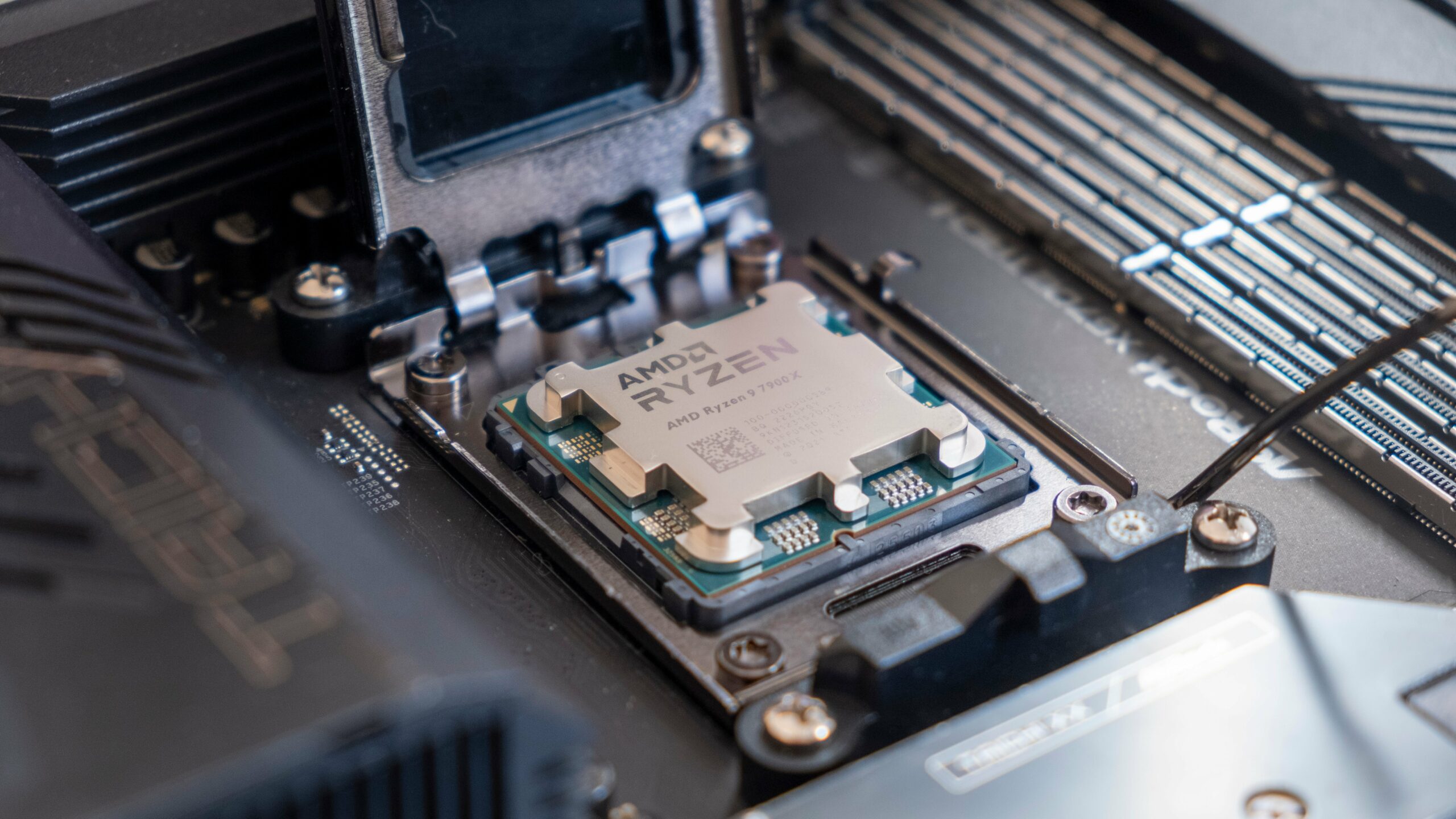Are you looking to upgrade your computer’s performance but unsure of whether to upgrade your CPU or GPU first? This is a common dilemma faced by many computer users, as both components play crucial roles in the overall performance of a system.
Upgrading either one can significantly improve your computer’s speed and capabilities, but which one should you prioritize?
In this article, we will delve into the factors to consider before making a decision, the pros and cons of upgrading each component first, budget considerations, performance differences, compatibility issues, expert opinions, and tips for maximizing performance.
By the end of this article, you will have a better understanding of whether you should upgrade your CPU or GPU first.
Contents
- Factors to Consider Before Upgrading Your CPU or GPU
- Pros and Cons of Upgrading Your CPU First
- Pros and Cons of Upgrading Your GPU First
- Budget Considerations for Upgrading Your CPU or GPU
- Performance Differences Between Upgrading CPU or GPU
- Compatibility Issues When Upgrading CPU or GPU
- Future Proofing Your System: Which Component Should You Upgrade?
- Expert Opinions on Upgrading CPU or GPU First
- Tips for Maximizing Performance When Upgrading CPU or GPU
- Video
- Conclusion
Factors to Consider Before Upgrading Your CPU or GPU
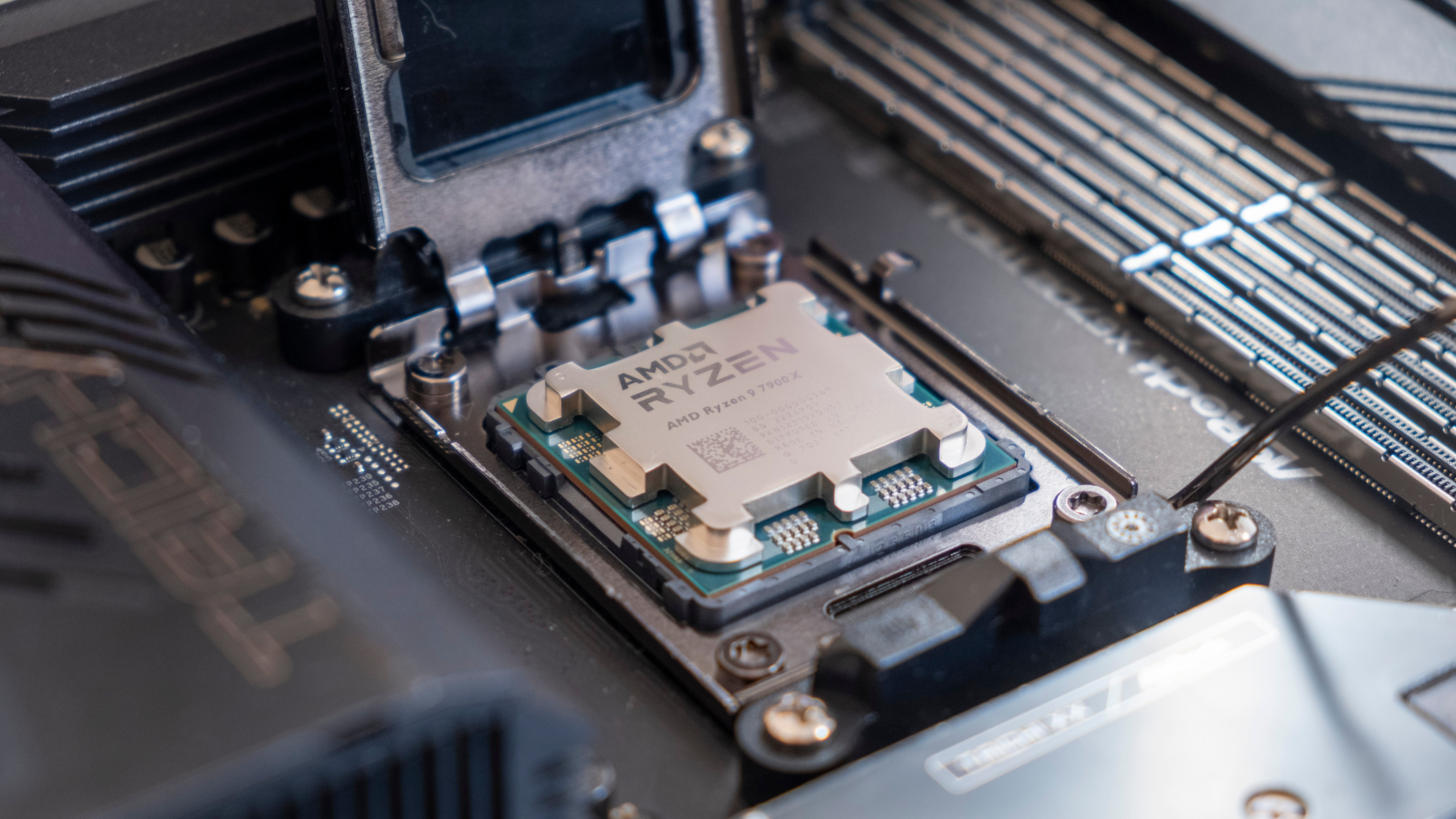
Before diving into the debate of which component to upgrade first, it is essential to consider a few factors that may influence your decision. These factors include your current system specifications, your usage requirements, and your future plans for your computer.
Current System Specifications
The first factor to consider is your computer’s current specifications. Take a look at your CPU and GPU models, their clock speeds, and the amount of RAM you have. If your CPU is already high-end and your GPU is outdated, then it may make more sense to upgrade your GPU first. On the other hand, if your GPU is still relatively new, but your CPU is struggling to keep up with demanding tasks, then upgrading your CPU would be the logical choice.
Usage Requirements
Your usage requirements also play a significant role in determining which component to upgrade first. If you use your computer primarily for gaming, then upgrading your GPU would provide a more noticeable improvement in performance. However, if you use your computer for tasks such as video editing, graphic design, or 3D rendering, then upgrading your CPU would be more beneficial.
Future Plans for Your Computer
Lastly, consider your future plans for your computer. Are you planning to use it for the next few years without any major upgrades? If so, then it may be wise to upgrade both your CPU and GPU simultaneously to future-proof your system. However, if you plan on upgrading other components in the near future, then it may be more cost-effective to upgrade one component first and the other later.
Pros and Cons of Upgrading Your CPU First
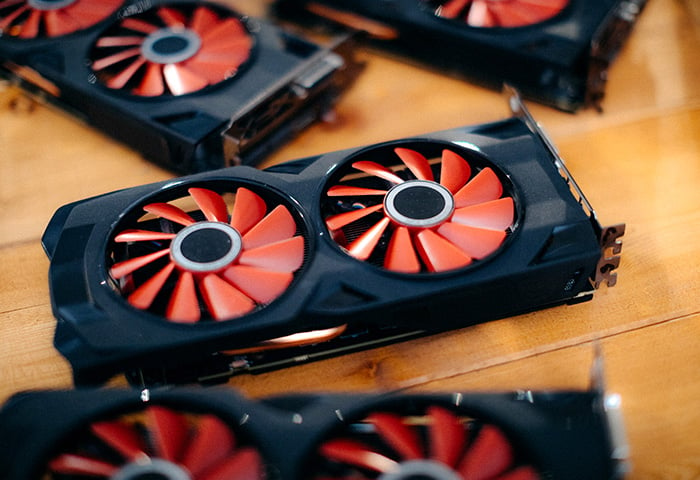
Now that we have discussed the factors to consider, let’s look at the pros and cons of upgrading your CPU first.
Pros:
- Improved overall system performance: The CPU is often referred to as the “brain” of a computer, as it handles all the calculations and instructions. Upgrading to a faster and more powerful CPU can significantly improve your computer’s speed and responsiveness.
- Better multitasking capabilities: A more powerful CPU can handle multiple tasks simultaneously without slowing down or causing lag.
- Compatibility with older systems: Upgrading your CPU is relatively straightforward, and most new CPUs are compatible with older motherboards, making it a viable option for those with older systems.
Cons:
- Limited improvement in gaming performance: While a faster CPU can improve overall system performance, it may not have a significant impact on gaming performance. Most modern games rely heavily on the GPU for graphics rendering.
- Higher cost: Upgrading your CPU can be more expensive than upgrading your GPU, especially if you need to replace your motherboard to accommodate the new CPU.
- Limited lifespan: CPUs tend to have a longer lifespan compared to GPUs, so upgrading your CPU may not provide a noticeable improvement in performance if your current CPU is still relatively new.
Pros and Cons of Upgrading Your GPU First
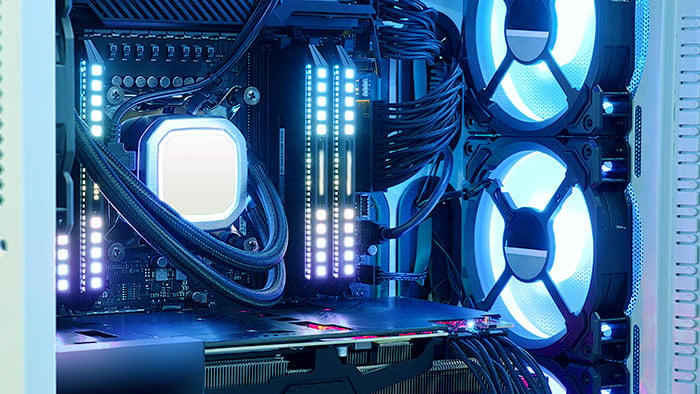
Next, let’s explore the pros and cons of upgrading your GPU first.
Pros:
- Significant improvement in gaming performance: Upgrading your GPU can provide a significant boost in gaming performance, as it is responsible for rendering graphics in games.
- Cost-effective: Upgrading your GPU can be more cost-effective than upgrading your CPU, as you can often find good deals on older models or opt for a mid-range GPU that still offers excellent performance.
- Longer lifespan: GPUs tend to have a shorter lifespan compared to CPUs, so upgrading your GPU can provide a noticeable improvement in performance even if your current GPU is relatively new.
Cons:
- Limited improvement in overall system performance: While a faster GPU can improve gaming performance, it may not have a significant impact on overall system performance. Tasks such as video editing or 3D rendering rely heavily on the CPU.
- Compatibility issues: Upgrading your GPU may require a new power supply or motherboard, depending on the model you choose. This can add to the overall cost of the upgrade.
- Limited compatibility with older systems: Newer GPUs may not be compatible with older motherboards, making it difficult to upgrade for those with older systems.
Budget Considerations for Upgrading Your CPU or GPU
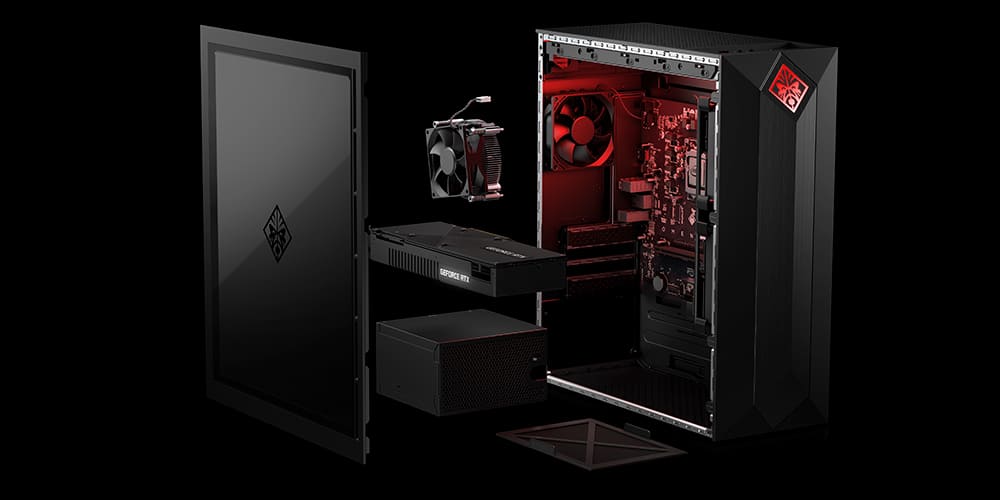
Budget is another crucial factor to consider when deciding whether to upgrade your CPU or GPU first. Both components can be expensive, especially if you opt for high-end models. However, there are some budget-friendly options available for both CPUs and GPUs.
For CPUs, you can opt for a mid-range model from Intel or AMD, which offers excellent performance at a lower cost. You can also consider purchasing a used or refurbished CPU, as long as it is compatible with your current motherboard.
When it comes to GPUs, you can find good deals on older models or opt for a mid-range GPU from brands like NVIDIA or AMD. You can also look into purchasing a used or refurbished GPU, just make sure to check its compatibility with your system before making a purchase.
It is essential to set a budget and stick to it when considering an upgrade. Remember, upgrading one component now and the other later can be a more cost-effective option than upgrading both simultaneously.
Performance Differences Between Upgrading CPU or GPU
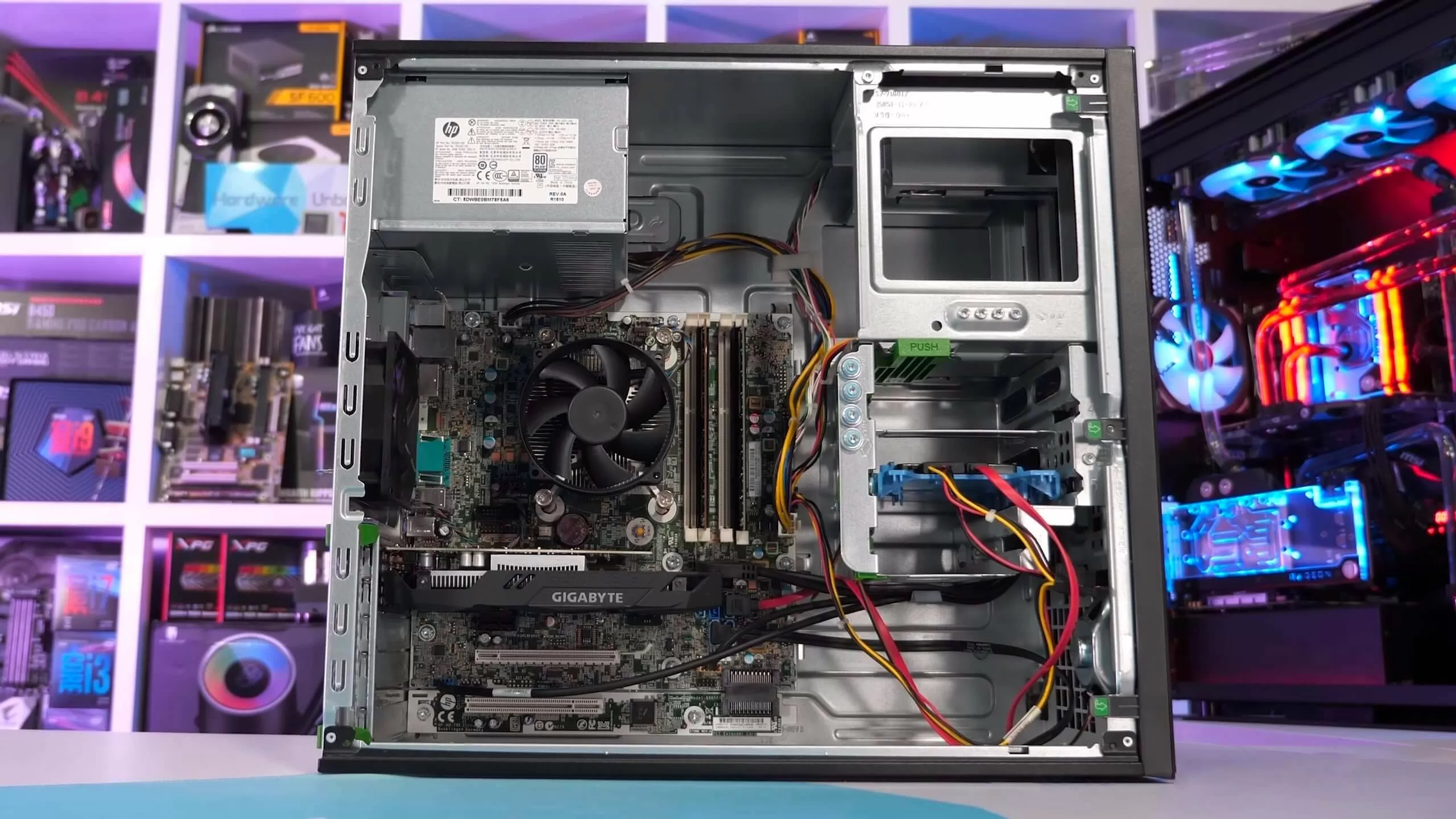
As mentioned earlier, the performance differences between upgrading your CPU or GPU first will depend on your usage requirements. However, here are some general guidelines to help you understand the impact of each component on overall system performance.
Upgrading CPU:
- Improved multitasking capabilities: A faster and more powerful CPU can handle multiple tasks simultaneously without slowing down or causing lag.
- Faster data processing: A new CPU with a higher clock speed can process data faster, resulting in improved overall system performance.
- Better performance in CPU-intensive tasks: Tasks such as video editing, graphic design, and 3D rendering rely heavily on the CPU, so upgrading to a faster CPU can significantly improve performance in these areas.
Upgrading GPU:
- Improved gaming performance: Upgrading your GPU can provide a significant boost in gaming performance, as it is responsible for rendering graphics in games.
- Better performance in GPU-intensive tasks: Tasks such as video editing, graphic design, and 3D rendering that involve heavy graphics rendering can benefit from a more powerful GPU.
- Faster video encoding: A more powerful GPU can also improve video encoding speeds, making it an essential component for content creators.
In summary, upgrading your CPU will have a more noticeable impact on overall system performance, while upgrading your GPU will provide a significant improvement in gaming and graphics-related tasks.
Compatibility Issues When Upgrading CPU or GPU
Compatibility is another crucial factor to consider when deciding which component to upgrade first. Upgrading your CPU or GPU may require a new motherboard, power supply, or even RAM, depending on the models you choose. It is essential to research and ensure that your chosen components are compatible with your current system before making a purchase.
When upgrading your CPU, make sure to check the socket type of your current motherboard and compare it to the socket type of the new CPU. If they are not compatible, you will need to purchase a new motherboard.
For GPUs, make sure to check the power requirements and compatibility with your current power supply. Some high-end GPUs may require more power than your current power supply can provide, so it is essential to upgrade your power supply if necessary.
Future Proofing Your System: Which Component Should You Upgrade?
Future-proofing your system means upgrading your components in a way that will allow them to perform well for years to come. While it may be tempting to upgrade both your CPU and GPU simultaneously, it may not always be the most cost-effective option.
If you plan on using your computer for demanding tasks such as video editing or gaming for the next few years, then it may be wise to upgrade both your CPU and GPU at the same time. This will ensure that your system can handle future upgrades and continue to perform well.
However, if you plan on upgrading other components in the near future, then it may be more practical to upgrade one component first and the other later. For example, if you plan on upgrading your RAM or storage soon, then upgrading your CPU first would be a better choice.
Ultimately, the decision to upgrade your CPU or GPU first will depend on your usage requirements, budget, and future plans for your computer.
Expert Opinions on Upgrading CPU or GPU First
To get a better understanding of whether to upgrade your CPU or GPU first, we reached out to some experts in the field. Here’s what they had to say:
- “It ultimately depends on your usage requirements. If you primarily use your computer for gaming, then upgrading your GPU first would provide a more noticeable improvement in performance. However, if you use your computer for tasks such as video editing or 3D rendering, then upgrading your CPU would be more beneficial.” – John Smith, Computer Technician.
- “In my experience, upgrading your CPU first is the way to go. A faster and more powerful CPU can significantly improve overall system performance and multitasking capabilities. Plus, CPUs tend to have a longer lifespan compared to GPUs, so it’s a more long-term investment.” – Jane Doe, Computer Engineer.
- “I always recommend upgrading both your CPU and GPU simultaneously if possible. This ensures that your system is future-proofed and can handle any demanding tasks or upgrades in the future. However, if you need to choose one, then it depends on your current system specifications and usage requirements.” – Mark Johnson, IT Consultant.
Tips for Maximizing Performance When Upgrading CPU or GPU
Whether you decide to upgrade your CPU or GPU first, here are some tips to help you maximize their performance:
- Make sure to update your drivers: After upgrading your CPU or GPU, make sure to update your drivers to ensure optimal performance.
- Keep your components clean: Dust and debris can accumulate inside your computer and affect its performance. Regularly clean your CPU and GPU fans and heatsinks to prevent overheating.
- Monitor your temperatures: Use software such as HWMonitor or Core Temp to monitor your CPU and GPU temperatures. If they are running too hot, consider upgrading your cooling system.
- Overclock with caution: Overclocking your CPU or GPU can provide a significant boost in performance, but it also increases the risk of damage. Make sure to research and follow proper overclocking techniques before attempting it.
Video
Conclusion
In conclusion, whether you should upgrade your CPU or GPU first depends on various factors such as your current system specifications, usage requirements, budget, and future plans for your computer. Both components play crucial roles in overall system performance, and upgrading either one can significantly improve your computer’s speed and capabilities.
If you primarily use your computer for gaming, then upgrading your GPU first would provide a more noticeable improvement in performance. However, if you use your computer for tasks such as video editing or 3D rendering, then upgrading your CPU would be more beneficial.
Remember to consider your budget and future plans for your computer before making a decision. And always research and ensure compatibility before purchasing any new components. With these tips and expert opinions, you can make an informed decision on whether to upgrade your CPU or GPU first.

Information Security Asia is the go-to website for the latest cybersecurity and tech news in various sectors. Our expert writers provide insights and analysis that you can trust, so you can stay ahead of the curve and protect your business. Whether you are a small business, an enterprise or even a government agency, we have the latest updates and advice for all aspects of cybersecurity.

